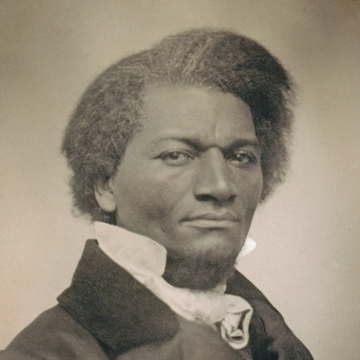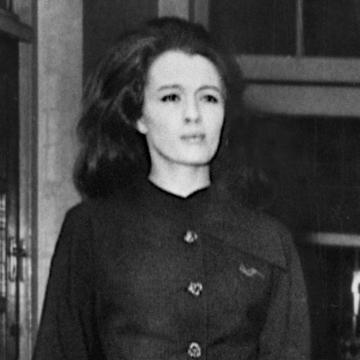Blog Post - Studying History on the Astrophoria Foundation Year
Studying History on the Astrophoria Foundation Year
Dr Aurelia Annat
Humanities Course and History Lead

I am very proud to be part of the team responsible for building the Humanities Foundation Year course. After I graduated from the University of York with my History BA, I moved to the Institute of Education in London, to train to be a secondary school history teacher. Although my love of research drew me back into academia, my passion for teaching has never left me. I am currently a Lecturer in Modern History with the History Faculty, Trinity College and Regent’s Park College, Oxford. The papers I teach reflect my research interests in twentieth century sexuality and gender, as well the value I attach to cultural sources such as art and literature as evidence of the past.
This dedication to teaching is shared by all the members of the team responsible for the Humanities Foundation Year. We include specialists from English, Theology, Classics and History and collectively we have a wealth of teaching experience at both university and secondary school level. We are really excited about the Foundation Year, which has allowed us to find creative ways to introduce the methodologies and concepts that are specific to our subjects, while also allowing us to emphasise connections between our disciplines in the interdisciplinary modules delivered in the first two terms of the course.
The interdisciplinary core module in the first term is called ‘Fame.’ It traces fame over different times and places, using methodologies specific to Classics, Theology, History and English to analyse a range of texts, but it also brings these disciplinary approaches together to achieve deeper understanding of the sources. Core skills that students will develop include: recognising, contextualising and analysing different genres of media; applying comparative analysis to understand Fame as a changing concept; applying gender and race as categories of analysis. The concepts of Gender and Race are central to the two history sessions I have designed for this module. One looks at Frederick Douglass, a Maryland plantation slave who escaped and went on to become a leader in the Abolition movement. He curated his celebrity through his speeches and autobiography as well as by commissioning an astonishingly large number of photographic portraits throughout his long life – making him the most photographed man in nineteenth-century America. My other History session examines the media’s presentation of the model Christine Keeler in 1960s Britain, to understand female notoriety and how ideas about sexuality shaped this.


The interdisciplinary core module in the second term will look at social inequalities and in the third term students will have a selection of engaging subject-specific papers to choose from. Alongside these and running all through the year there are programmes in academic skills and language learning. With its emphasis on creative learning to develop core skills and foster comparative and interdisciplinary thinking, the Humanities Course will be a really rigorous and stimulating foundation for studying an undergraduate Humanities degree at the University of Oxford.
Furthermore, Oxford offers exceptional resources for studying Humanities subjects, with specialist libraries as well as the extensive holdings at the Bodleian Library and important collections of art and artefacts at museums such as the Ashmolean and the Pitt Rivers. Students studying at Oxford are also part of an intellectual community that is at the international forefront of humanities research. The Astrophoria Foundation Year programme contributes to the push to recognise young talent through wider access to these world-class resources and experts.

So what does an Oxford Humanities degree offer you? Through delivering transferable and employable skills, Humanities degrees translate into a wide range of careers, such as public service, finance, media, legal services and management, which have the potential to make a difference to society as well as bringing personal satisfaction.
It is really inspiring to think that the Astrophoria Foundation Year might play a part in allowing individuals to achieve their ambitions.



